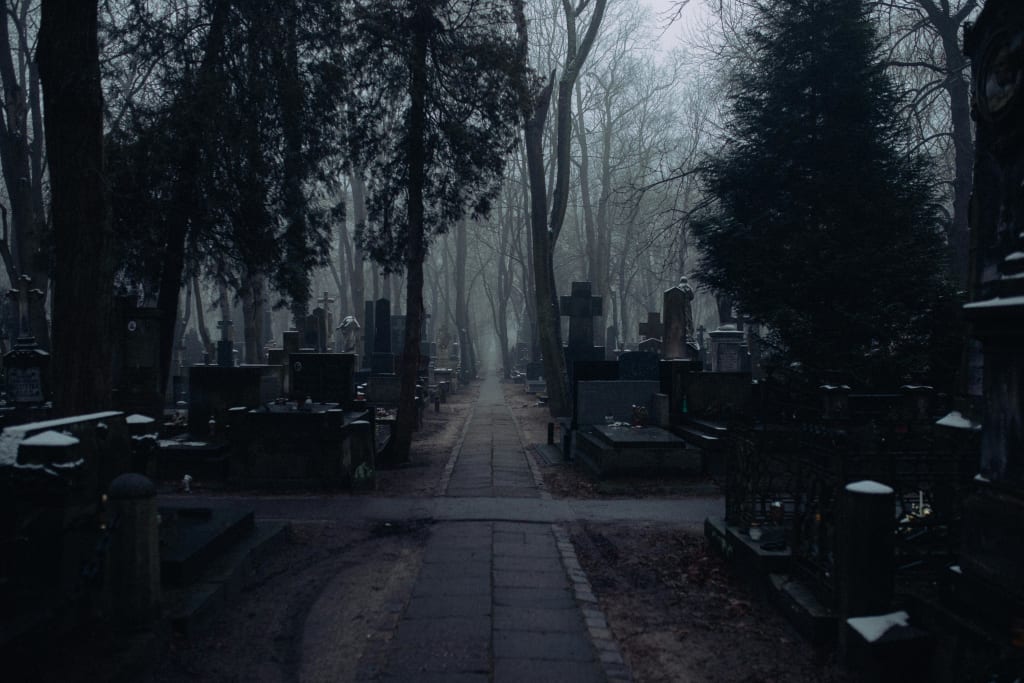Things That Will Happen When You Die
Exploring the Enigma of Death: Perspectives on What Lies Beyond

As we grapple with the concept of mortality, one undeniable truth remains: death touches us all. Despite advancements in medicine that have extended human life expectancy, the inevitability of death looms over us. Yet, within this certainty lies one of life's most profound mysteries. In this article, we embark on a journey to explore the myriad interpretations of what may occur after death—drawing from science, religion, philosophy, technology, and speculative theories of the future.
Heaven, the celestial abode envisioned by numerous religions, is depicted as a realm of eternal bliss where the virtuous reside. While its existence transcends empirical verification, faith traditions uphold the promise of heavenly rewards for adherents who abide by prescribed doctrines. Across cultures, the concept of Heaven dates back millennia, reflecting humanity's enduring fascination with an afterlife.
Conversely, Hell represents a realm of punishment and torment, reserved for those deemed unworthy or sinful in various religious doctrines. While some portray Hell as eternal damnation, others offer the possibility of redemption through cycles of reincarnation or spiritual purification.
Reincarnation, espoused by religions such as Hinduism and Buddhism, proposes a cyclical journey of the soul across multiple lifetimes. Influenced by the concept of karma, individuals are believed to be reborn into different life forms based on their actions in previous incarnations.
Nirvana, a pinnacle of spiritual attainment in Eastern philosophies, signifies liberation from the cycle of birth, death, and rebirth. It represents a state of profound enlightenment and transcendence, free from worldly suffering.
Across diverse religious traditions, the notion of judgment after death prevails. Universal resurrection, a pivotal event preceding final judgment, symbolizes the culmination of human destiny and the ultimate reckoning of souls.
Within philosophical discourse, 'eternalism' posits a timeless conception of reality wherein past, present, and future coexist as immutable facets of existence. In this paradigm, death is but a momentary transition within an eternal continuum.
Contrasting 'eternalize', annihilation posits the cessation of consciousness upon death—a nihilistic perspective that denies inherent meaning or purpose to life and death alike.
Dualism and panpsychism offer alternative frameworks wherein consciousness persists beyond physical death, either as an incorporeal entity or as an intrinsic aspect of reality itself.
Eternal recurrence proposes a cyclical view of existence, wherein lives are endlessly repeated until an individual achieves enlightenment or breaks free from the cycle of rebirth.
Paradoxes inherent in traditional conceptions of Heaven prompt existential questions about the nature of eternal bliss and the implications of omniscience. Some skeptics advocate embracing earthly life rather than fixating on hypothetical afterlives.
Mind uploading emerges as a futuristic concept wherein consciousness is digitized and preserved indefinitely, potentially paving the way for posthumous resurrection through advanced technologies.
Building upon mind uploading, technological resurrection envisions a future where deceased individuals are revived through biotechnology and artificial intelligence, transcending mortality in cybernetic form.
Cryonics, or suspended animation, offers the prospect of future revival by preserving the deceased in a state of suspended animation until medical advancements enable resuscitation and rejuvenation.
Advancements in AI raise the possibility of creating personalized digital avatars that emulate deceased individuals, blurring the boundaries between the living and the dead.
The Simulation Hypothesis posits that reality itself may be akin to a simulated environment, suggesting that death merely marks the transition to a new iteration of existence within the simulation.
Quantum immortality theorizes that individuals may persist across parallel realities, perpetuating an endless cycle of existence through quantum phenomena.
Accounts of near-death experiences prompt speculation about consciousness transcending physical death, though scientific explanations attribute such phenomena to neurobiological processes.
Biocentrism proposes that consciousness plays a fundamental role in shaping reality, suggesting the potential for postmortem existence as consciousness persists beyond physical death.
Green burials offer a holistic approach to death, emphasizing ecological sustainability and interconnectedness with the natural world, hinting at the possibility of spiritual continuity through environmental regeneration.
Orchestrated Objective Reduction proposes a quantum theory of consciousness, suggesting that consciousness transcends conventional physical boundaries and may persist in alternate dimensions beyond death.
In conclusion, the mysteries of death remain profound and inscrutable. While various perspectives offer insights into the afterlife, uncertainty prevails. Regardless of what awaits beyond the veil, our present existence is precious—an opportunity to cherish and make the most of our time on Earth.
About the Creator
Enjoyed the story? Support the Creator.
Subscribe for free to receive all their stories in your feed. You could also pledge your support or give them a one-off tip, letting them know you appreciate their work.






Comments
There are no comments for this story
Be the first to respond and start the conversation.